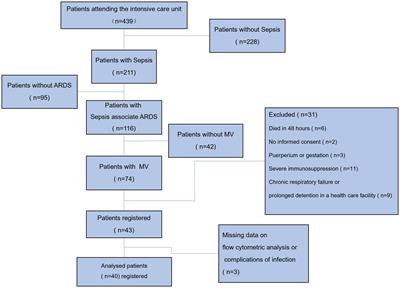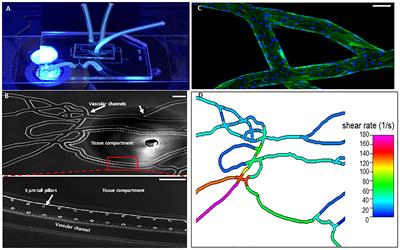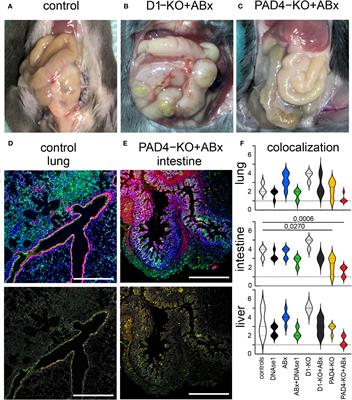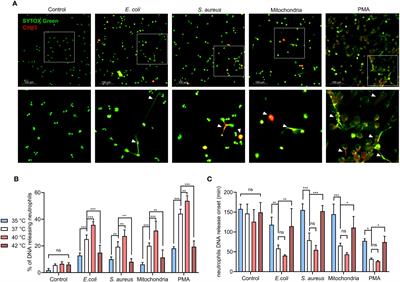EDITORIAL
Published on 23 Dec 2024
Editorial: Neutrophil heterogeneity in healing and tissue damage
doi 10.3389/fimmu.2024.1537469
- 216 views
4,172
Total downloads
15k
Total views and downloads
Select the journal/section where you want your idea to be submitted:
EDITORIAL
Published on 23 Dec 2024
BRIEF RESEARCH REPORT
Published on 11 Nov 2024
ORIGINAL RESEARCH
Published on 28 Mar 2024

ORIGINAL RESEARCH
Published on 08 Mar 2024

ORIGINAL RESEARCH
Published on 08 Jan 2024

ORIGINAL RESEARCH
Published on 02 Oct 2023

